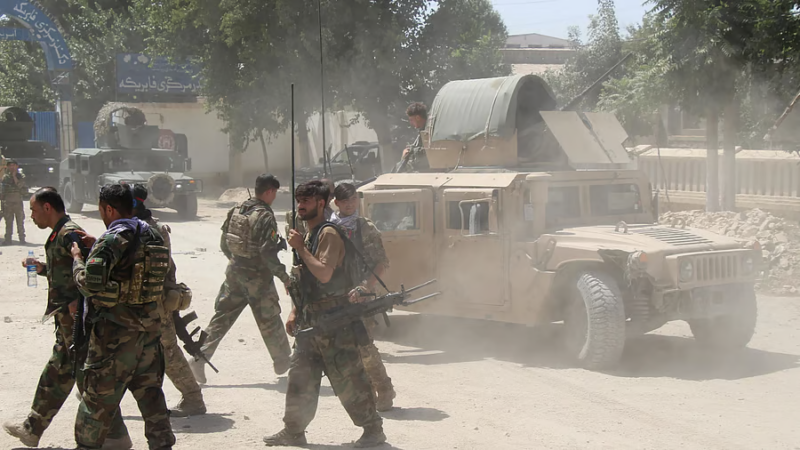China’s White Paper on Counter-Terrorism is dubious

China’s duplicity in counter-terrorism measures is clear from its latest white white paper on legal framework, measures for counterterrorism released early
this week.
While the paper terms terrorism as “the common enemy of humanity“, China has been supporting Pakistan-based terrorist groups and leaders on flimsy pretext despite UN sanctions. Terrorist groups like Lashkar-e-Tayyeba (LeT) and Jaish-e-Mohammad (JeM) have been sanctioned by several hundred countries and the UN since 2001, China has dragged its feet on doing so. In fact, China has acted more as a guardian of these global terrorist groups rather than acting in cooperation with the global community in containing these threats to global peace and stability.
In its white paper, China claims that terrorism posed a grave threat to international peace and security and a challenge to all countries, “all members of the international community share the responsibility to fight it“. In reality, China’s role in containing terrorist groups has been dubious. Terrorists in Pakistan are holier than the terrorists elsewhere.
When it comes to terrorism in homeland, China has been quick to term itself as a “victim of terrorism“, quite like Pakistan. China has rarely faced a threat
from global terrorist groups except in Pakistan, its `great ally`. Chinese engineers, students and professors have died in several terrorist attacks in Pakistan. This is the real threat to China from terrorism. But China has never termed Pakistan as a terrorist sanctuary, if not a terror sponsor. On the other hand, China has gone out on its limbs to protect Pakistan and its several terrorist proxies on some flimsy technical grounds while most of the world had on sound evidence proscribed several terrorist entities enjoying sanctuary in Pakistan, with or without state patronage. We cannot miss that any action against terror outfits in Pakistan would jeopardise its CPEC projects.
There is serious doubts about China’s use of term, `terrorism` against domestic dissent, especially in the Muslim dominated Xinjiang province where Muslims have been protesting draconian measures to curb their religious freedom. Uighur Muslims have been asked to abstain from religious practices during festivals. Threats and physical assaults have been China’s answer to Muslim daily prayers. Muslim citizens in China have been geotagged, heavily monitored and live under strictest of regimes. Those who protested were called terrorists and brutally suppressed. Terrorist groups supporting Muslim dissent have been contained effectively no doubt. While Pakistan has remained silent on the atrocities committed by China on its Muslim citizens, it has been quick to push anti-China militant groups out of Pakistan’s terrorist sanctuaries under pressure from China.
In conclusion, the Chinese white papers promises to “work closely with other countries to push forward counterterrorism cause as part of global governance“, China’s actions on the ground against global terrorist like LeT and JeM, prove otherwise.






